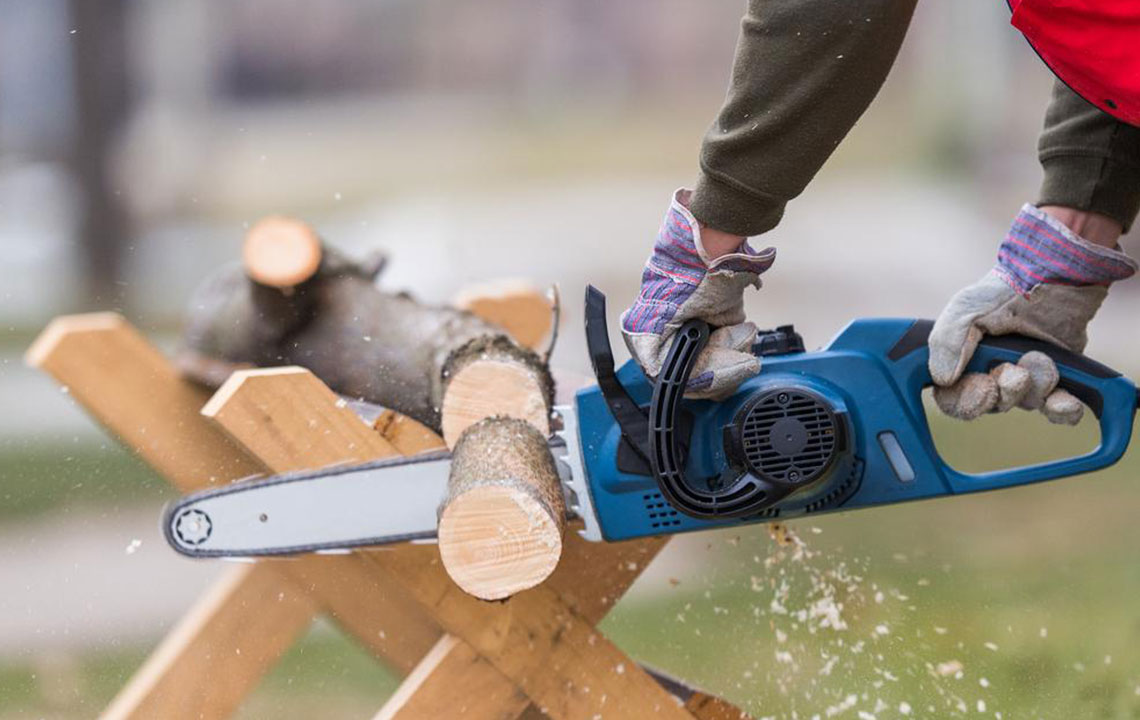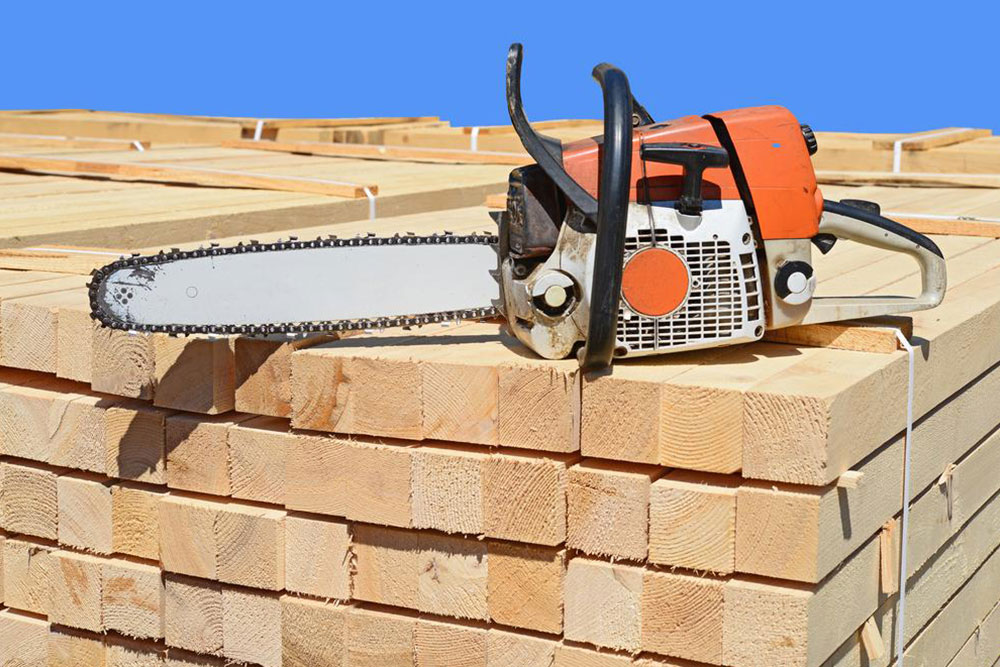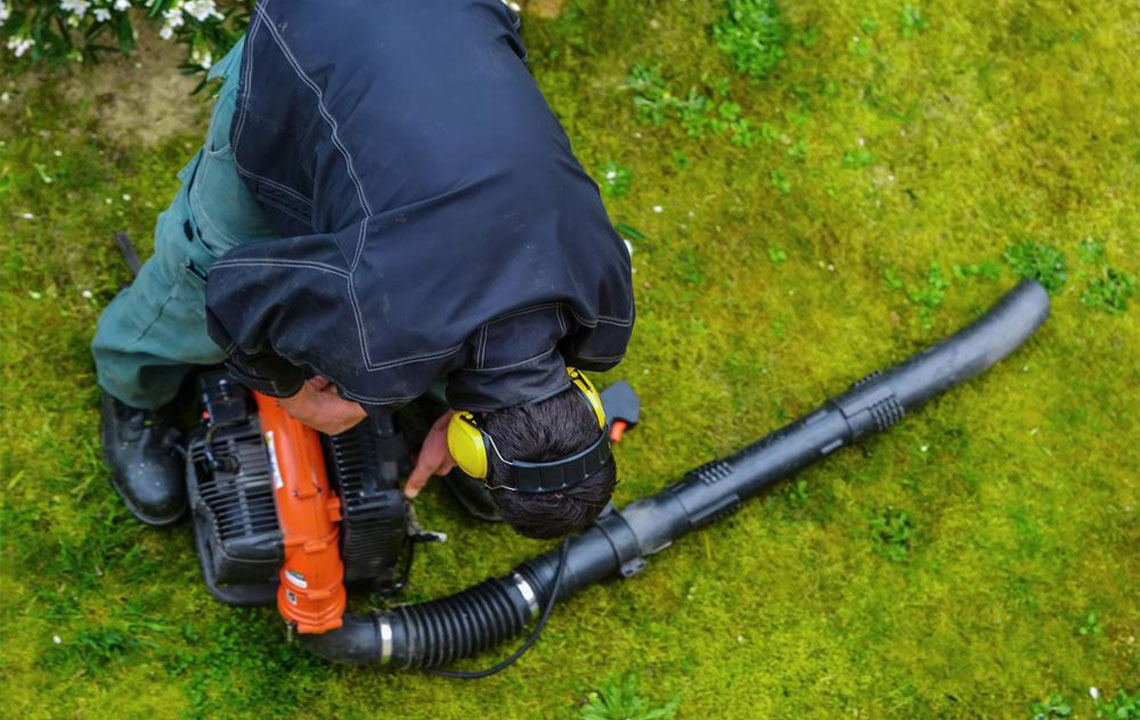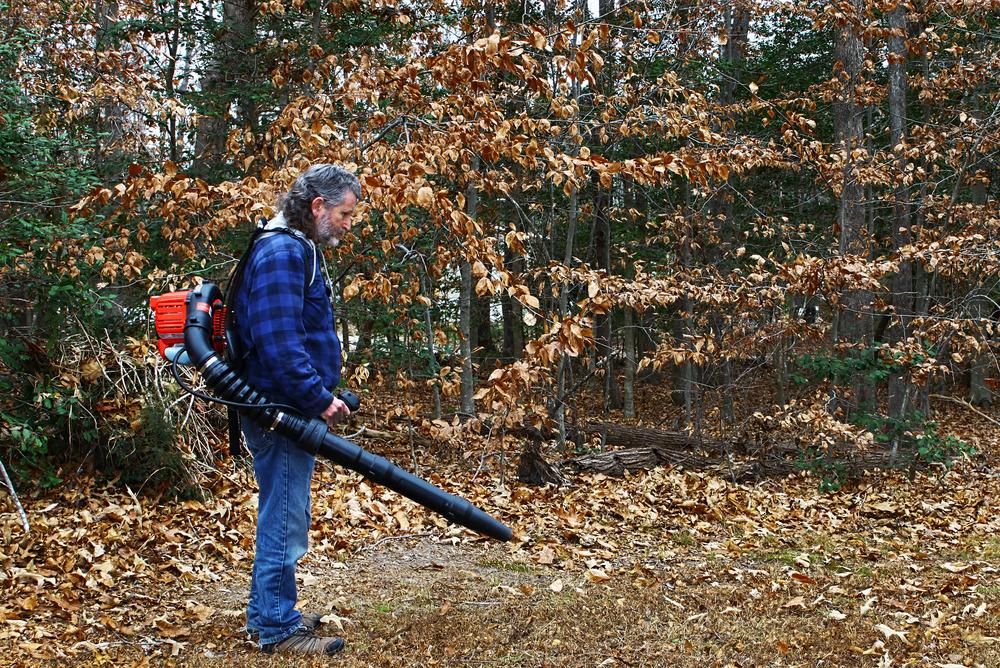Complete Guide to Types of Chainsaws for Different Work Needs
This comprehensive guide explores the different types of chainsaws suitable for various tasks, including gas-powered, electric, battery-operated, and manual options. It covers their features, advantages, disadvantages, and tips on selecting the right tool for your needs, emphasizing safety and maintenance to ensure efficient and safe operation. Perfect for homeowners, landscapers, and DIY enthusiasts, this article helps you make an informed decision for your next chainsaw purchase.
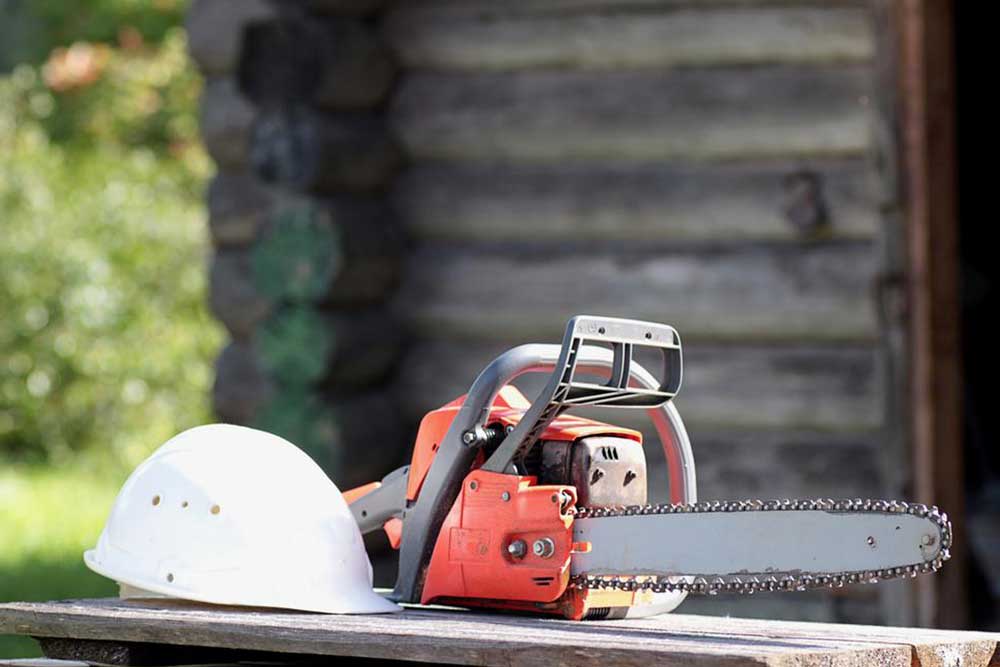
Understanding the Various Types of Chainsaws and Their Applications
A chainsaw is an indispensable tool for a wide range of tasks, including tree felling, pruning branches, trimming shrubs, and preparing firewood. Its core design features a sharp, rotating chain attached to a guide bar, allowing it to cut through wood efficiently. With numerous models available on the market, each designed for specific tasks and user needs, choosing the right chainsaw can enhance safety, efficiency, and durability. This comprehensive guide explores the different types of chainsaws available today, their advantages, disadvantages, and how to select the best one for your projects.
Gasoline Chainsaws
Gas-powered chainsaws are a popular choice among professional arborists, loggers, and experienced DIY enthusiasts. They operate on a two-stroke engine that requires a mixture of gasoline and oil, providing substantial power and mobility. These models are known for their high performance, making them suitable for heavy-duty tasks such as felling large trees, cutting thick logs, and land clearing projects. The powerful engine allows users to work quickly and efficiently, especially in remote locations without easy access to electrical outlets.
However, gasoline chainsaws tend to be heavier and noisier than their electric counterparts. Their weight can cause user fatigue when used for extended periods, and the engine generates considerable noise pollution. Regular maintenance, including cleaning, fuel mixing, and chain sharpening, is essential to keep the motor running smoothly. Prices generally range from $180 to $420, depending on brand, power, and features. Notable brands include STIHL, Husqvarna, Echo, and Dolmar, which are renowned for their durability and performance.
Electric Chainsaws (Corded)
Electric chainsaws powered by mains electricity are ideal for users who prioritize ease of use and lower maintenance. They are lightweight, compact, and deliver sufficient power for tasks such as trimming small trees, pruning, and minor cutting work. Because they do not require fuel, electric chainsaws are more user-friendly and environmentally friendly. They are also less noisy compared to gasoline-powered models, making them suitable for use in residential areas or noise-sensitive environments.
However, a significant limitation is their dependence on a power cord, which restricts mobility and range. Users must work within the vicinity of an electrical outlet, which may limit their use in large-scale forestry or outdoor projects far from power sources.
Pricing varies from $70 to $300, with reputable brands including Black & Decker, Makita, and Worx. When choosing an electric chainsaw, consider the cord length, motor power, and safety features such as automatic chain brakes and safety switches.
Battery-Powered Chainsaws (Cordless)
Battery-operated chainsaws, often called cordless chainsaws, are gaining popularity for their portability and convenience. They operate on rechargeable lithium-ion batteries, providing flexibility and eliminating the hassle of cords and fuel mixing. These models are perfect for light to medium tasks, including tree trimming, small tree cutting, and garden maintenance.
While more portable and easier to handle, battery chainsaws typically have less power than their gas or corded counterparts. Their runtime is limited by battery capacity, which means multiple batteries may be needed for longer projects. Maintenance is minimal, and they tend to be quieter, making them suitable for residential areas. Prices generally range from $200 to $400, with leading brands like Greenworks, Ryobi, and Stihl offering reliable options.
When selecting a battery chainsaw, consider battery life, charging time, and compatibility with other tools in your collection. Advanced models also include features like brushless motors, tool-less chain adjustments, and safety mechanisms.
Manual Chainsaws (Hand-Powered)
Manual chainsaws, or hand-powered saws, are non-motorized tools that require physical effort to operate. They consist of a saw blade attached to a handle or nylon webbing that you manually operate by pulling or pushing. Despite their simplicity, manual chainsaws are highly effective for small-scale tasks such as pruning, cutting small logs, and DIY projects.
These tools are lightweight, portable, and environmentally friendly since they produce no emissions or noise. They are also economical and easy to maintain, making them ideal for hobbyists, emergency use, or outdoor enthusiasts in remote areas. Because of the physical effort involved, manual chainsaws are best suited for tasks that do not require substantial cutting power.
Prices are generally low, often less than $50, and they can be made from simple components like hacksaw blades, nylon cords, and webbing. Safety precautions should still be observed, including wearing protective gloves and eyewear.
How to Choose the Right Chainsaw
Purpose of Use: Determine if the chainsaw will be used for heavy-duty forestry, garden pruning, or occasional DIY projects.
User Experience: Select a model that matches your comfort level and familiarity with power tools.
Safety Features: Opt for models with automatic chain brakes, safety switches, and low-vibration handles.
Budget: Consider your financial constraints and the long-term value of the tool. Investing in a reputable brand can ensure durability and safety.
Chainsaws can be dangerous if not used properly. Always wear appropriate protective gear, including helmet, gloves, eye protection, and steel-toe boots. Regular maintenance and proper handling are crucial for safe operation. Choose trusted brands like STIHL, Husqvarna, Echo, Homelite, Poulan, Dolmar, John Deere, Efco, and Solo for quality assurance and safety.
